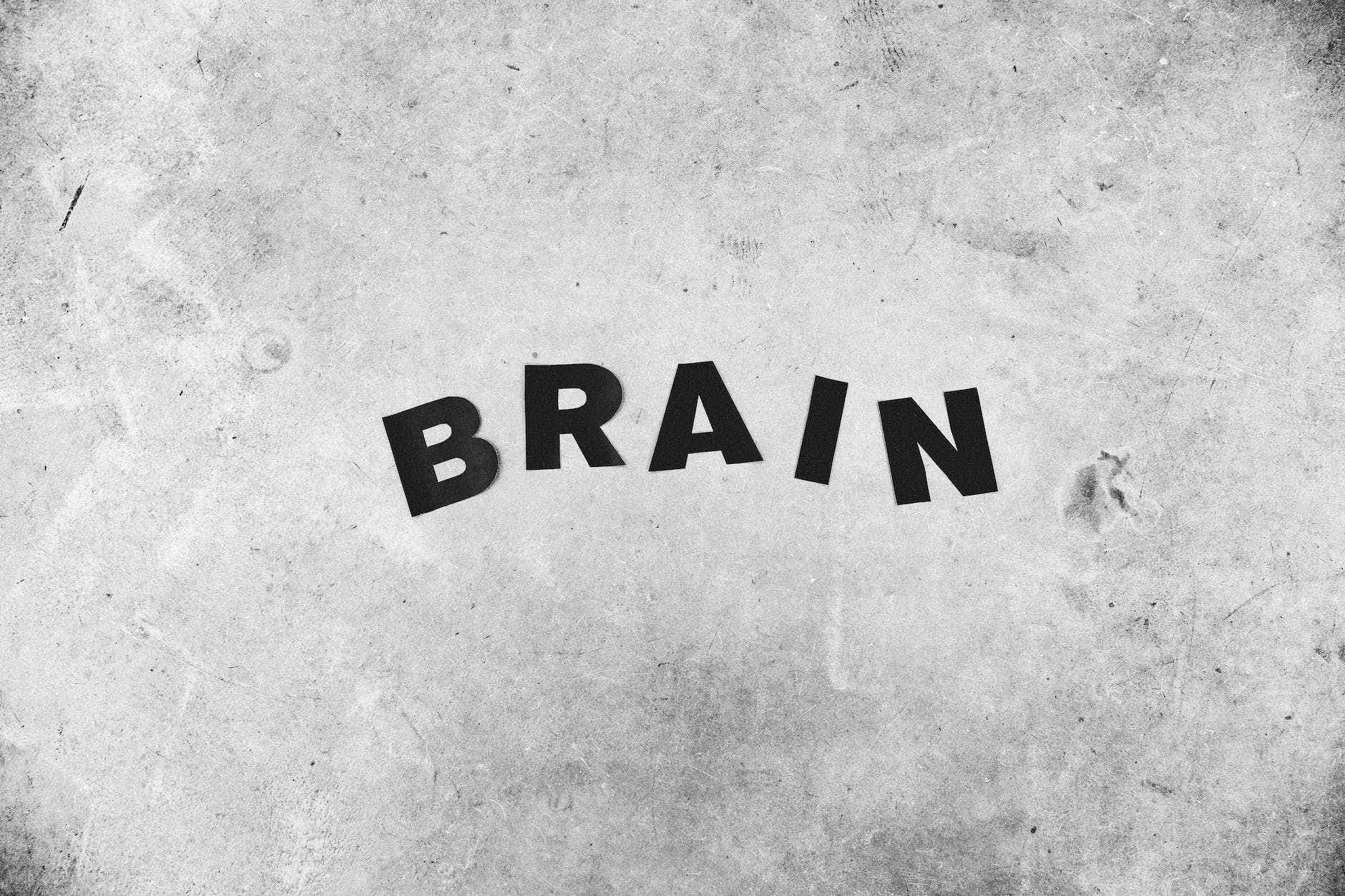Psychedelics – once relegated to the fringes of society and the subject of taboo – are now being intensely studied in numerous scientific laboratories worldwide. The basic premise of this research is exploring the therapeutic potential of mind-altering drugs like psilocybin, LSD, and MDMA for a variety of conditions including depression, PTSD, and anxiety. Moreover, it’s not just their potential therapeutic use that is becoming clearer, but also the neuroscience of psychedelics, their safety and efficacy, and their long-term effects are on the radar of scientific exploration.
Psychedelic compounds have been around for millennia, being used in traditional rituals and healing practices. Only in recent years have they made their way into the context of modern medicine. To fully comprehend each class of psychedelic’s unique effects and therapeutic potential, extensive clinical trials are being conducted, aiming to offer essential insights.
A series of clinical trials at esteemed institutions such as Johns Hopkins University and Imperial College London have explored psychedelics’ therapeutic effects for mental health conditions like depression and PTSD. These trials reveal significant improvements in mental health scores, painting a promising picture for the future of psychedelic therapy protocols.
It’s important not to overlook the implications of these studies on the neuroscience of psychedelics. While these substances alter mind states to produce profound, often healing experiences, science is beginning to unravel what is happening in the brain during these processes. Research shows that psychedelic substances can create a ‘hyperconnected’ brain state, possibly contributing to the perceived increase in creativity and wellbeing post-experience.
While understanding the brain’s workings under the effects of psychedelics is fascinating, of paramount importance is determining the safety and efficacy of these substances. Psychedelic drugs have a stigmatized past and were categorized as harmful, addictive substances. Yet, contemporary research indicates that when administered under controlled conditions following the right protocols, these substances appear to have a favorable safety profile. Safety doesn’t just refer to the lack of adverse physical effects – it extends to safeguarding the psychological state of the patient as well, which has evolved due to rigorous procedural guidelines implemented during psychedelic therapy protocols.
As psychedelics take the spotlight in innovative mental health therapies, concerns over their abuse potential and the long-term effects cast shadows of doubt. It’s crucial for research to delve into the possible long-term repercussions of psychedelic use, both therapeutically and recreationally. Studies conducted thus far suggest minimal longstanding negative impacts – rather, they hint toward enduring therapeutic effects in users.
While current research is mostly limited to controlled substances, the door is gradually opening for more clinical trials studying the broad range of psychedelic substances. The objective isn’t to solely legitimize psychedelic use, but to further our understanding of how these substances interact with our brains and socio-emotional health – to explore if, used responsibly and therapeutically, they might hold keys in alleviating human suffering.
The evolution of psychedelic science and research hasn’t been a smooth road but one filled with stigmas, fears and regulatory barriers. However, with steadfast research and evidence supporting psychedelics’ therapeutic potential, the future of psychedelic science looks more promising than ever. As our understanding of these substances continues to deepen, we journey towards a future where the stunned onlooker might deliver a knowing nod to the psychedelic science that dares to delve into the neural corridors of the human mind.
Nuanced understanding of psychedelic substances, their uses, and impacts are establishing a new paradigm in the field of neuroscience and mental health treatment. The quest for further knowledge about psychedelics continues as we enter a new era filled with compelling scientific discovery and potential healing modalities.
In summary, the scientific exploration of psychedelics is vastly expanding the horizon of mental health treatment possibilities by shedding light on the therapeutic potential, the neuroscience of psychedelics, and their safety and efficacy. Although concerns about their therapeutic use and long-term effects remain, the bright future of psychedelic medicine illustrates the promise held within this scientific exploration.
Sources:
1. Clinical trials trial of psychedelics for mental health conditions
2. Neuroscience of psychedelics
3. Safety and efficacy of psychedelic substances
4. Long-term effects of psychedelic use
5. Psychedelic therapy protocols








